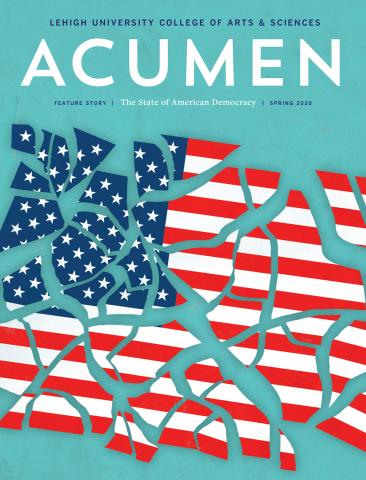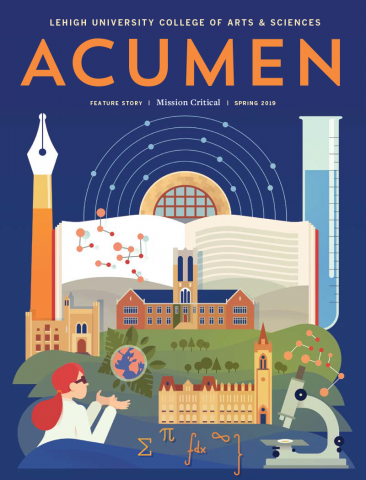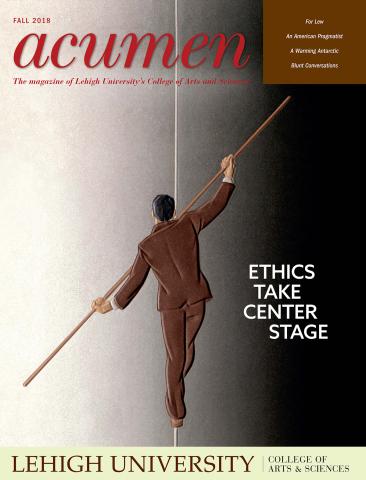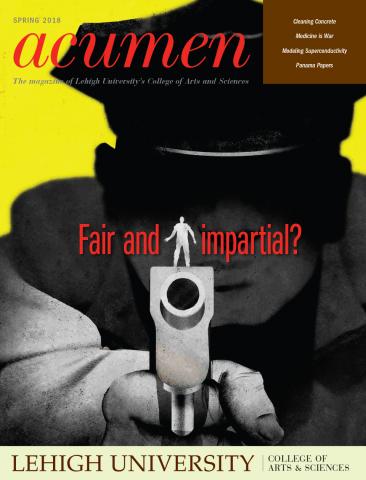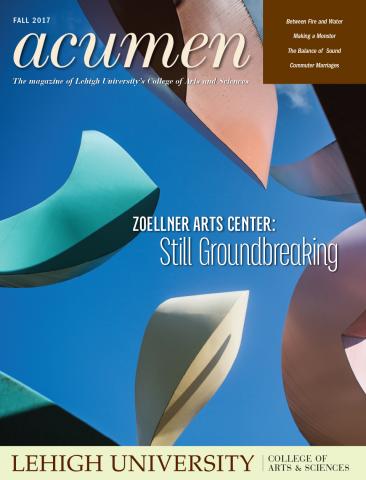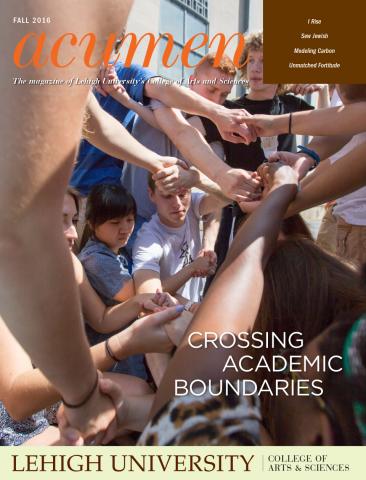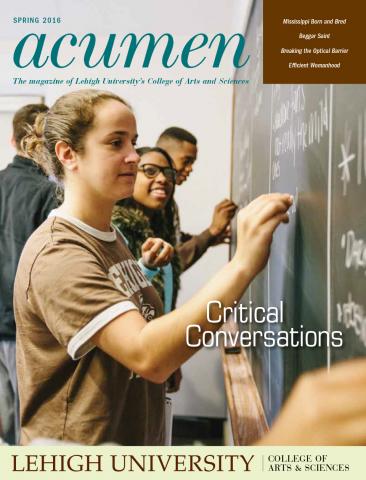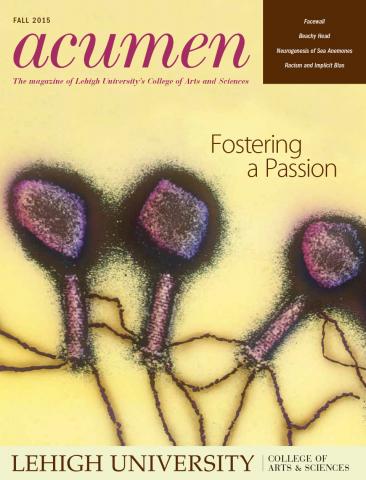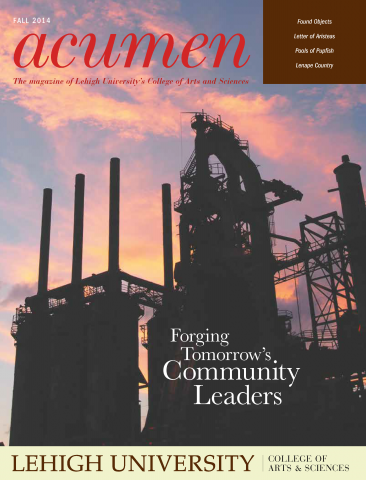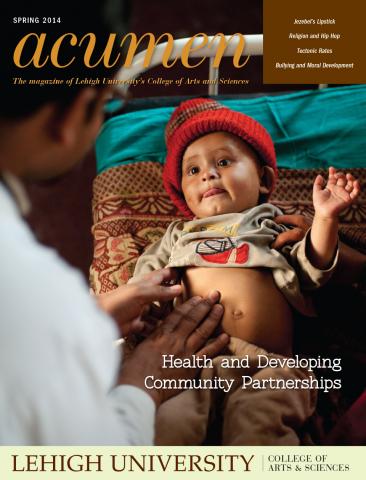
Rape scenes appear in many medieval texts, from the works of Geoffrey Chaucer to less well-known texts like saints’ lives and the legendary histories, legal documents and spiritual biographies. Despite the prevalence of rape scenes in these works, however, rape survivors are comparatively infrequent. Rape victims disappear from legal documents that adjudicate the violent act; virgin saints miraculously escape certain rape to suffer martyrdom instead; women commit suicide to prove their chastity; and medieval women’s own, unmediated accounts of sexual violence and its meanings in their lives are vanishingly rare in the written record.
In her new book, The Afterlives of Rape in Medieval English Literature, Suzanne Edwards, associate professor of English and director of Lehigh’s Humanities Center, investigates how medieval English literary culture from the 12th through the 15th centuries represents women’s survival of sexual violence.
Despite the gaps in the written record, Edwards identifies a robust literary tradition of survival in works written in collaboration with, addressed to and read by women. For example, St. Augustine writes to rape victims after the sack of Rome, urging them to regard survival, rather than suicide, as a mark of virtue. Discourses of survival in works like Augustine’s City of God outline language and concepts that medieval women who suffered sexual violence could use to make sense of their experience. In the 12th and 13th centuries, letters of spiritual instruction addressed to religious women cast the survival of sexual violence as a form of redemptive sacrifice akin to Christ’s passion.
This underexplored literary history of survival, Edwards contends, is an important counterbalance to the history of rape because it foregrounds women’s experiences and the cultural resources available to make sense of life after sexual assault. In her book, Edwards argues that these medieval representations of survival are deeply engaged with ethical questions about the will, embodiment and community obligations to those who have suffered traumatic violence that go beyond punishing rapists.
“These medieval discourses of survival are important in the 21st century because they have an enduring legacy in contemporary conversations about rape and its aftermaths,” Edwards says. “Thus, they can help us to reflect more critically on the ways that we think about survivors of sexual violence and our responsibilities to them today.”






















